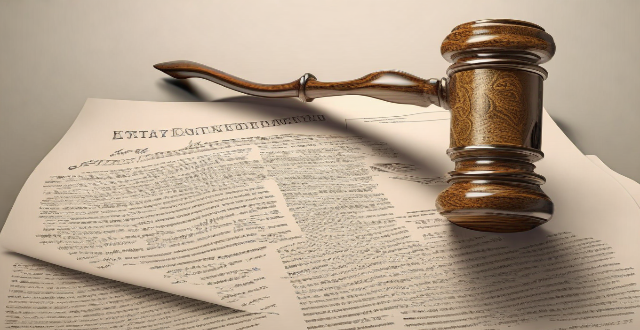Making changes to an estate plan without a lawyer is possible but risky, as it can invalidate the plan or lead to unintended consequences. Simple updates like changing a beneficiary or using online will services might be manageable without legal help. However, understanding legal requirements, document formalities, and potential risks are crucial. Periodic reviews and seeking professional advice for complex situations or peace of mind are recommended.

Can I Make Changes to My Estate Plan Without a Lawyer?
Making changes to an estate plan without the assistance of a lawyer is possible, but it comes with risks and potential complications. Here's a detailed look at what you should consider:
Important Considerations
Understanding Legal Requirements
- Complexity of Laws: Estate planning laws vary by state and can be complex. Misunderstanding these laws could invalidate parts or all of your estate plan.
- Document Requirements: Certain documents like wills and trusts have specific requirements (witnesses, signatures) that must be met to be valid.
Potential Risks
- Invalid Documents: If not executed properly, your documents could be deemed invalid, meaning your wishes may not be followed.
- Unintended Consequences: Small errors or omissions can lead to unintended outcomes, such as increased taxes or family disputes.
When It Might Be Safe to Proceed Without a Lawyer
Simple Changes for Simple Estates
- Will Updates: If you have a simple will and need to make minor updates, like changing a beneficiary who is clearly named and identified, you might do so without a lawyer.
- Beneficiary Designations: Updating beneficiary designations on accounts like 401(k)s and life insurance policies can often be done without legal assistance.
Using Online Tools
- Do-It-Yourself Wills: There are online services that guide you through creating a will. These can be suitable for very simple situations and minimal assets.
- Estate Planning Software: Some software offers more comprehensive tools for those with straightforward estates and clear objectives.
Steps to Take If You Decide to Proceed Without a Lawyer
Educating Yourself
- Research: Invest time in understanding the estate planning process and legal requirements in your state.
- Legal Resources: Use reputable legal resources to ensure you're making informed decisions.
Diligent Record Keeping
- Detailed Notes: Keep detailed notes about any changes you make and why you made them.
- Organized Documents: Store your estate planning documents in a safe and accessible place known to your executor and trusted family members.
Periodic Reviews
- Regular Updates: Review your estate plan periodically to ensure it still aligns with your wishes and circumstances.
- Seek Legal Advice: Even if you choose to make changes yourself, consider consulting a lawyer periodically to ensure everything is in order.
Seeking Professional Advice When Needed
- Complex Situations: For complex estates or unique situations (like distributing a business), seek professional advice.
- Peace of Mind: A lawyer can provide peace of mind, ensuring your plan is legally sound and your wishes will be carried out as intended.
In conclusion, while it is possible to make changes to your estate plan without a lawyer, it's important to carefully consider the risks and limitations. For simple updates and using online tools, proceeding without a lawyer might be manageable. However, for more complex situations or to ensure legal validity and avoid potential issues, consulting with a professional is highly recommended.